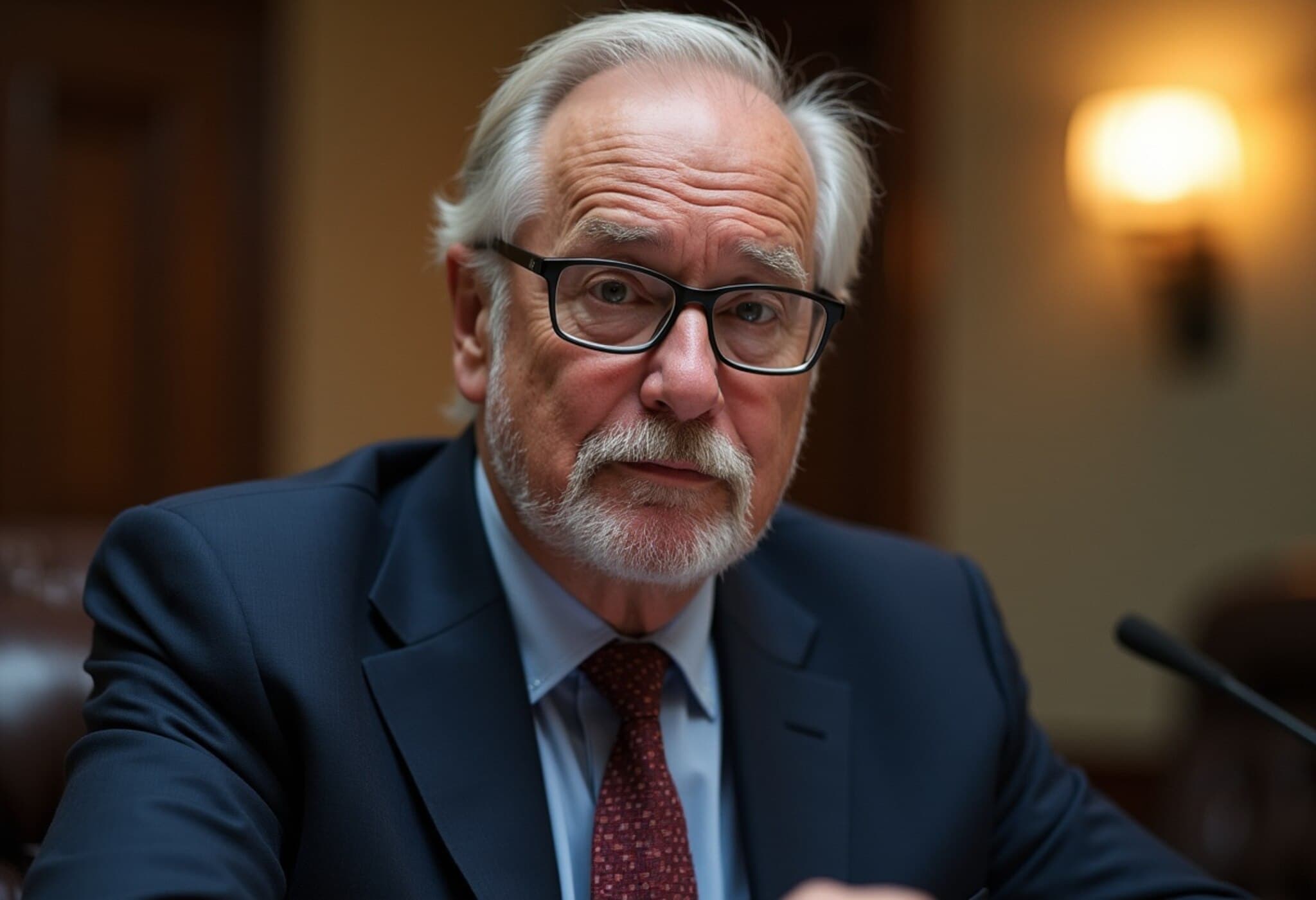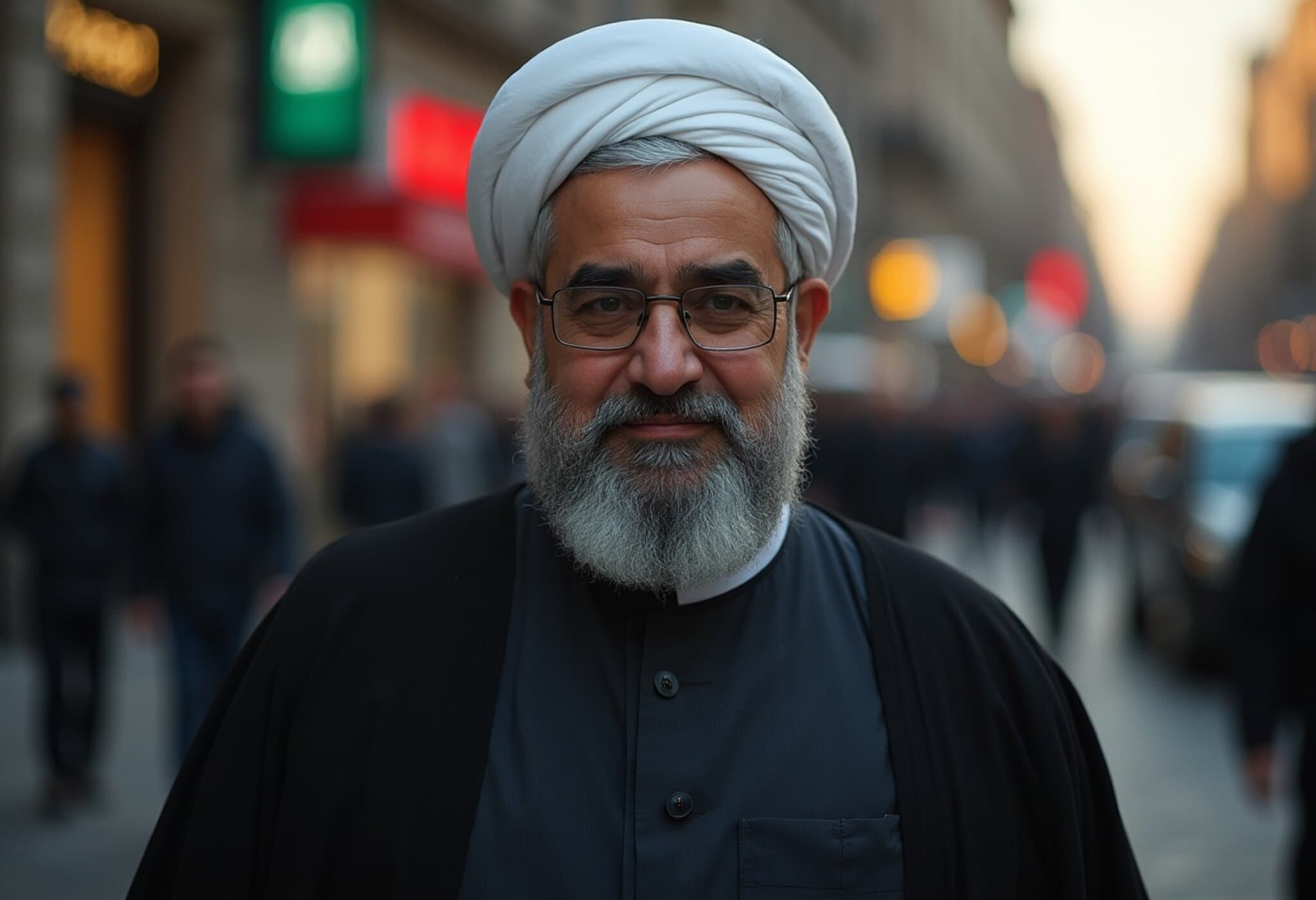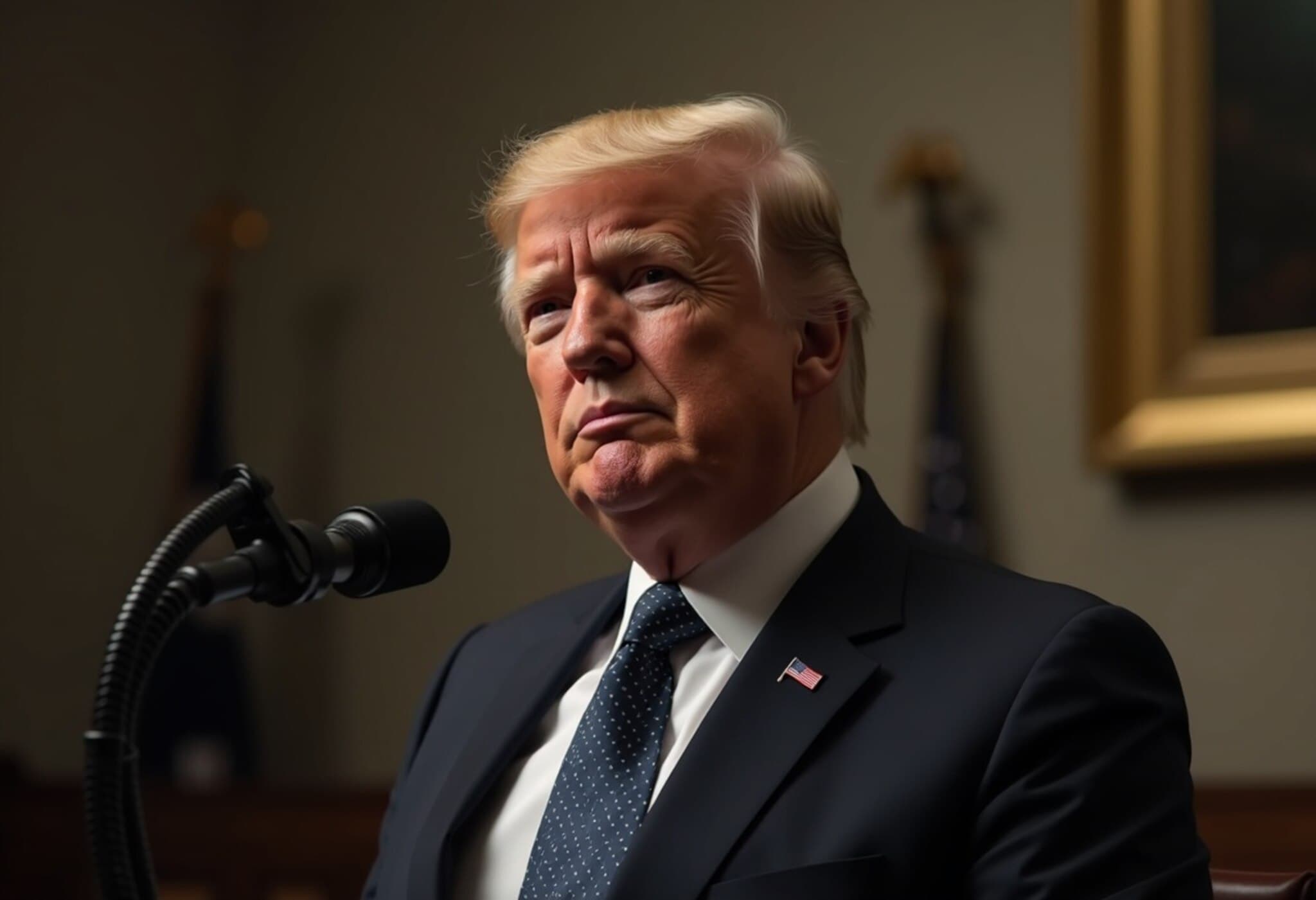Ex-Israeli Prime Minister Naftali Bennett Denounces Epstein Mossad Allegations
In recent weeks, a controversial narrative proposing that notorious financier Jeffrey Epstein operated as an agent for Israel’s Mossad intelligence service has gained unwarranted traction. Former Israeli Prime Minister Naftali Bennett has categorically dismissed these claims, branding them as a "vicious wave of slander and lies" directed against Israel and its people.
Background: The Epstein Scandal and Mossad Conspiracy Theories
Jeffrey Epstein, who died in 2019 while awaiting trial on federal sex trafficking charges, has been the subject of numerous conspiracy theories. These theories intensified after media personalities like Tucker Carlson suggested without credible evidence that Epstein’s criminal enterprise was potentially intertwined with Israeli intelligence operations designed to obtain compromising information on influential figures.
Epstein’s notoriety stems from his extensive alleged involvement in the sex trafficking of minors, first coming to light when a 14-year-old alleged victim’s parents reported abuse in 2006. His high-profile acquaintances, spanning politicians, celebrities, and business magnates—including former US President Donald Trump—have fueled public fascination and speculation.
Bennett’s Rebuttal: Defending Israel’s Reputation
Speaking out amid surging rumors, Bennett emphasized, "The accusation that Jeffrey Epstein somehow worked for Israel or the Mossad running a blackmail ring is categorically and totally false." He further condemned the proliferation of such claims, noting that beyond being baseless, they constitute a damaging assault on Israel’s integrity on the global stage.
Analyzing the Roots of the Theory
- Connections to the Maxwells: Epstein’s ties to media executive Robert Maxwell and his daughter Ghislaine Maxwell have long been a focus of suspicion, partly because Robert Maxwell was rumored to have intelligence connections.
- Meetings with Israeli Figures: Epstein’s reported contact with former Israeli Prime Minister Ehud Barak has been cited, though these encounters have not been substantiated as intelligence collaborations.
- Media Amplification: Figures like Tucker Carlson have given a platform to these theories, often without corroborating evidence, intensifying public speculation.
Despite these threads, no credible intelligence or official investigation has ever proven a direct link between Epstein and Israeli intelligence agencies.
Political Implications in the United States
The Epstein case continues to resonate politically in the US. Former President Donald Trump, who had personal associations with Epstein before allegations surfaced, has weighed in, advocating for the public release of all "credible" files related to the case by the Department of Justice.
Trump stated, "The attorney general has handled that very well," praising Attorney General Merrick Garland’s approach to the investigation. However, he simultaneously claimed that much of the controversy over Epstein was fabricated by his political opponents, a claim that remains contested.
Calls for Transparency and Accountability
Given Epstein’s complex network of connections and the significant public interest, experts and advocacy groups continue to press for transparency, hoping that full disclosure of investigation materials might close lingering questions and ensure accountability for all implicated individuals.
Expert Commentary: Navigating Fact, Fiction, and National Interests
From a policy analyst perspective, conspiracy theories linking high-profile criminal cases to foreign intelligence services often reflect deeper societal anxieties about surveillance, influence, and political manipulation. While skepticism of official narratives is healthy in a democratic society, accusations must be anchored in evidence to avoid damaging international relations and fomenting distrust.
In this context, Bennett’s forceful denial underscores the sensitivity of such claims to Israel, which frequently faces accusations in the media that can border on or fuel antisemitic tropes. It is crucial for journalists and commentators to critically evaluate sources and motives before endorsing unsubstantiated assertions.
Conclusion: The Ongoing Quest for Truth Amid Rumors
The Epstein-Mossad theory illustrates how a sensational hypothesis can capture public imagination, particularly when political and intelligence elements intertwine. Yet, as Bennett’s rebuttal reminds us, detached and responsible reporting grounded in verified facts remains vital to preserve trust, prevent misinformation, and respect national sovereignties.
Editor's Note
The resurfacing of unfounded accusations linking Jeffrey Epstein to Israeli intelligence challenges both media consumers and producers to discern fact from fiction carefully. As investigative processes continue, readers should remain cautious of narratives lacking credible sources, recognizing that the intersection of crime, politics, and international relations is complex and demands nuanced understanding. This case also spotlights the political polarization surrounding Epstein’s legacy and the urgent need for transparency balanced with responsible discourse.



















